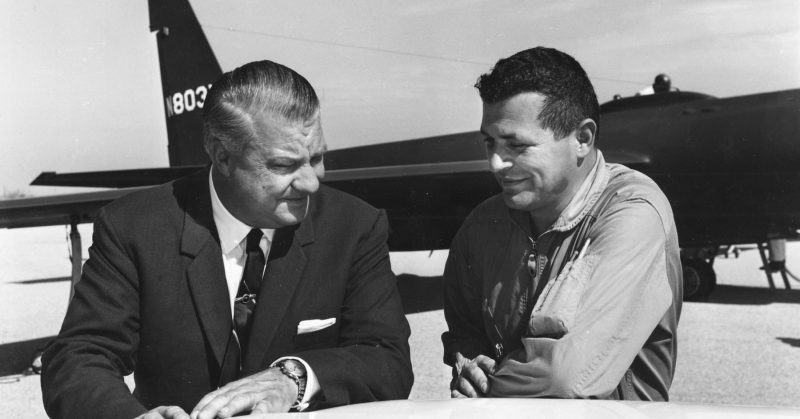From the moment this book dropped through my letterbox, it had me thinking back several decades to a TV drama featuring Lee Majors in the role of Francis Gary Powers. I couldn’t get the poisoned pin in the silver dollar out of my head and the specific scene after his capture where our hero stops a kid playing with the coin from doing himself any damage.
It turns out that the kid was played by the co-author of this book, and we learn it was a fiction for the sake of the plot, inserted to give him a part in the show about his father.
This seems apt because the story of Francis Gary Powers has been wreathed in half-truths as well as the fog of espionage and convenience ever since the ill-fated pilot jumped free from his disintegrating U2 spy plane.
This book sets out to tell the truth about the story of Powers long after his tragic death in a helicopter crash. It is fair to say that Powers’s devoted son is on a mission to right the wrongs done to his father all those years ago.
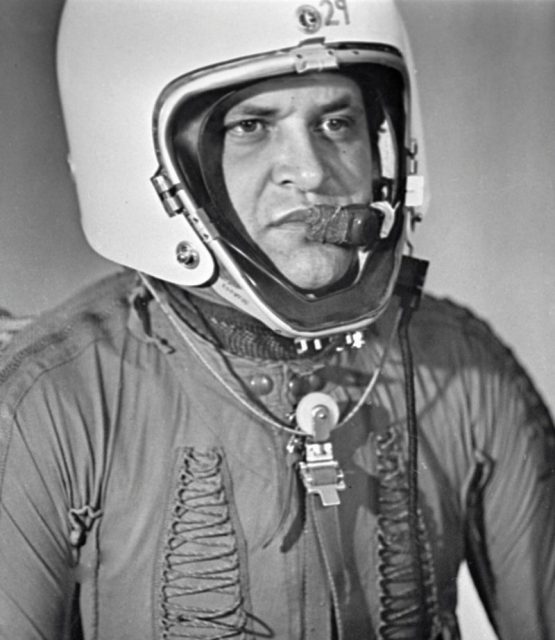
The story starts with our hero’s early years in Virginia and his escape from the drudgery of a life of manual labor he did not relish. Powers joined the US Air Force and enjoyed a solidly reliable career as a good pilot and a decent bloke. He was the perfect example of someone for whom the regime of military life works pretty much perfectly.
He was skilled, committed, and a straight up honest guy. The CIA came calling and enticed him away to work on the U2 development program. It was only a short leap to him getting involved in surveillance flights over the Soviet Union.
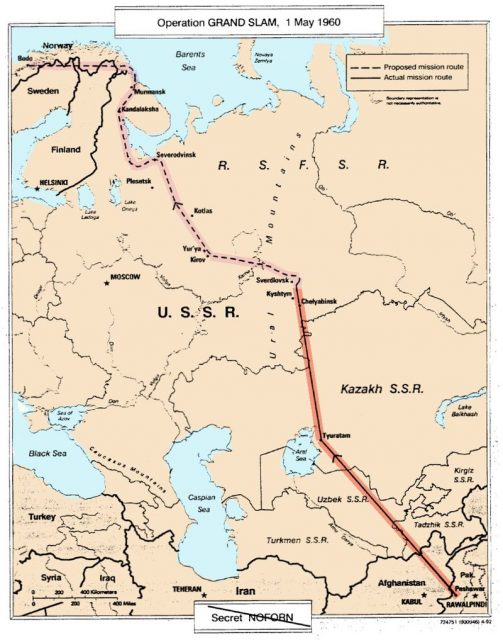
Powers had carried out a number of missions before the fateful day his aircraft was hit by one of the Russians newly deployed surface-to-air missiles. He was flying at an altitude his handlers believed was beyond the missile’s range, and in the ensuing effort to escape, he was unable to trigger the self-destruct device that should have obliterated the sensitive equipment he was carrying.
Once on the ground, he quickly realized that any notions of trying to evade capture were a fantasy. He was thousands of miles from sanctuary, and there really was no point in messing about.
Our hero was put on trial and duly found guilty of espionage. The trial featured a series of soap operas with his parents and unreliable wife traveling to Moscow for the event.
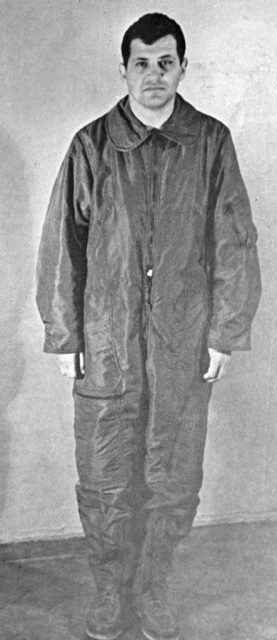
There were misunderstandings and a fair bit of smoke and mirrors. All this led to a litany of falsehoods and misapprehensions building up around Francis Gary Powers and his actions, which saw him damned by interested parties in officialdom and sections of the media.
It suited a number of people to smear the reputation of Powers to cover their tracks while he languished in a Soviet prison learning how to make carpets.
Things took an unexpected turn when he was drawn into a prisoner swap with the Soviet spy Rudolf Abel. Instead of years of incarceration, Powers found himself looking forward to the uncertainty of returning to his homeland where opinions of him were decidedly mixed.
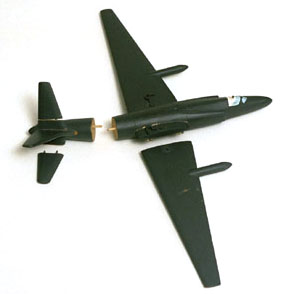
He also had to deal with some tough personal stuff in respect of his wife who was overly reliant on the sauce and who liked to play fast and loose. It isn’t so hard to appreciate that coming home to a less than fulsome welcome was a tougher proposition than staying in the certainty of imprisonment. But Powers was not a man to avoid his responsibilities.
I enjoyed this book. The construct of telling the stories of Powers’s life and the efforts of his son to get him some redress work well. We even get a contribution from Sergei Khrushchev.
There is no question that any loyal and loving son would go all the way to defend his father, but this doesn’t stop us having a strong sense of admiration for his determination.
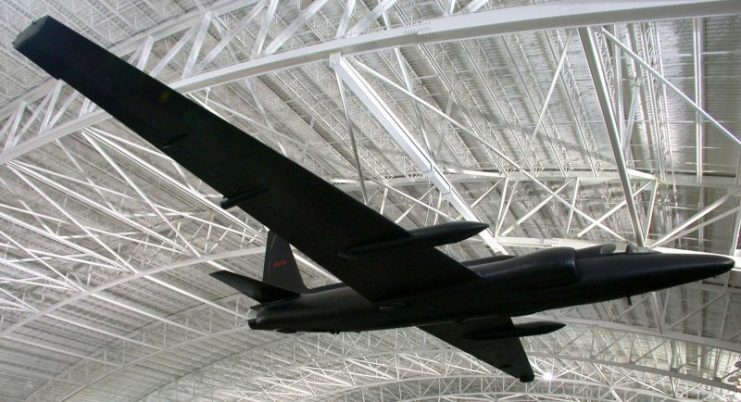
He takes on the opaque world of government, the military, and the US establishment. Without spoiling the plot for you, it’s obvious he achieves a great deal. Good for him. What a shame that a decent man like Francis Gary Powers could not have received the credit he deserved in life.
Posthumous awards of medals and merits are superb in themselves, but they seem so begrudging as if it was all done conditionally. Perhaps I’ve got the wrong impression. Francis Gary Powers was not the first and won’t be the last person to be shafted by the powers that be in his own country. May he rest in peace.
The story ends with the dramatization of Rudolf Abel’s life as imagined by Steven Spielberg in the film Bridge of Spies. I enjoyed the movie. The authors’ account gives us something a little less breathless. Movies are movies, but books are something else besides.
If you’re interested in the Cold War or just a good old fashioned story of redemption you cannot go wrong with Spy Pilot.
Reviewed by Mark Barnes for War History Online
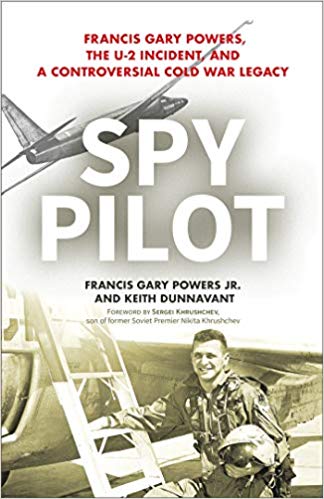
SPY PILOT
Francis Gary Powers, the U-2 Incident and a Controversial Cold War Legacy
By Francis Gary Powers Jr. and Keith Dunnavant
Prometheus Books
ISBN: 978181633884687
